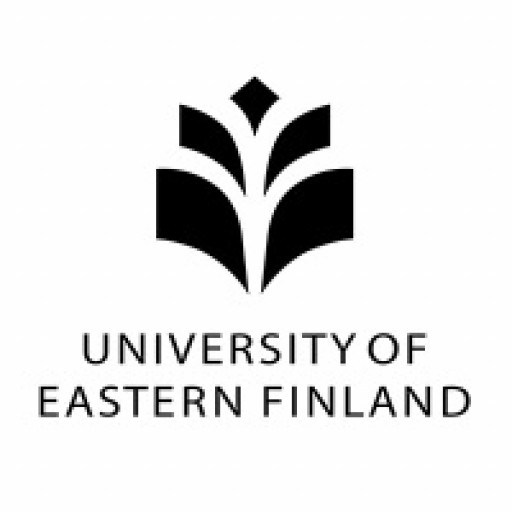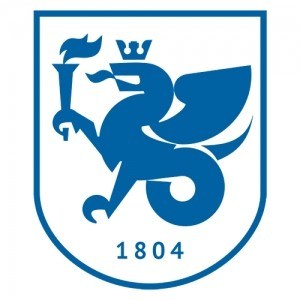Advertisement
The Physics and Technology master programme in Optics, Sensors and Nanotechnology is aimed at students who want to create the products and technologies of the future as researchers or developers.
Academic profile in Optics, Sensors and Nanotechnology
Graduates with an academic profile in Optics, Sensors and Nanotechnology have acquired specialist competencies in a wide area, with the primary focus being the interaction between light and materials, nanophysics, sensors, nanotechnology, molecular physics and spectroscopy. Among other things, graduates will be qualified to solve fundamental problems in optics and apply them in the development of measuring systems with sensors based on nanotechnology. Read more about the academic profile in Optics, Sensors and Nanotechnology.
Project based and research based study environment
You become part of a project based and problem based study environment where you work in project groups. You and your fellow students are responsible for planning and carrying out the project and for meeting the deadlines. Usually we receive the project outlines from companies and we emphasise that the problems you solve are real world problems.
Many different career options
With a degree in Physics and Technology you will have a range of job opportunities in Denmark and abroad. Among other things, you could work as a researcher or developer in the optics, sensor technology or material design industry or at universities.
It is also possible to continue on a three-year research programme which will lead to a PhD degree. Another option is to study an industrial research programme which is carried out in close cooperation with a company where you are employed.
Graduates who have completed this master programme are entitled to use the title of Master of Science (MSc) in Engineering (Physics and Technology).
This is a two-year master programme on top of a three-year bachelor programme. To study a master programme in Optics, Sensors and Nanotechnology you must have a relevant bachelor degree.
Optics, Sensors and Nanotechnology is one of two possible specialisations within the field of Physics and Technology (the other being Acoustics and Signal Processing)
Seventh semester
The first semester of the master programme is a common semester for all master students in Physics and Technology. You will work theoretically and experimentally with sensor technology, stochastic signal processing, and mechanical vibrations as well as further develop your theoretical skills in numerical mathematics. This will provide all students with a common and broad foundation which qualifies them for many different jobs, regardless of their academic profile. Moreover, the fact that you do not have to choose an academic profile the first semester provides you with a basis on which to make a qualified decision as to which profile you should choose.
Eight and ninth semester
The next two semesters you will specialise in your chosen academic profile: Optics, Sensors and Nanotechnology or Acoustics and Signal Processing.
Tenth semester
The last semester is dedicated to the master thesis. You will choose the subject yourself. The master thesis will typically be carried out in one of the research groups and/or in cooperation with an industrial company.
International students have the following scholarships options:
Please also check the information at the two official Danish educational websites:
Please notice that we unfortunately do not offer scholarships for undergraduate students.
Options for full-degree graduate students:
Danish Government Scholarship Ministry of Science, Innovation and Higher EducationThe Danish Ministry of Science, Innovation and Higher Education has launched a scholarship programme for students from non-EU/EEA countries studying a full degree at graduate level. Scholarships and tuition fee waivers are available for highly talented students who have been admitted to a range of programmes.
The Danish Ministry of Science, Innovation and Higher Education has launched a scholarship programme for students from non-EU/EEA countries studying a full degree at graduate level. Scholarships and tuition fee waivers are available for highly talented students who have been admitted to a range of programmes.
The board of the University of Southern Denmark decides from year to year which study programmes will benefit from the scholarships and the University will recommend the most qualified applicants in these programmes for a scholarship. Therefore it is not possible to apply for this scholarship. If you are a non-EU student and applying for a programme which offers this scholarship you will automatically be considered for it.
BHJ Scholarship
Only available for students applying for a master programme at our Sønderborg Campus
Six one-year scholarships are issued pr. year: three for studies within the technical field i.e. Mechatronics and Innovation & Business respectively, and three are for studies within the field of business administration i.e. Business Relationship Management.
A scholarship of DKK 40.000 may be granted if and when the requirements are met. It is paid in two instalments of DKK 20.000 per semester. The scholarship grant depends on acceptance and enrolment as a full-time student in one of the above mentioned programmes.
For more information please visit BHJ Foundation Page
20 scholarships for MSc in Engineering
Options for Exchange and Guest Students:
Danish Government Scholarship for Foreign Nationals (the Cultural Agreements) Danish Government Scholarships for Foreign Nationals
The scholarship helps cover living expenses.
Iki Wakabayashi Foundation (A scholarship which can be applied by all SDU students who are leaving for a period of exchange or internship in Japan - or similar for a Japanese student being enrolled at SDU)
Accreditation
This programme is approved by the Ministry of Science, Technology and Innovation
The quality and relevance of the programme are approved by the Danish Ministry of Science, Technology and Innovation









